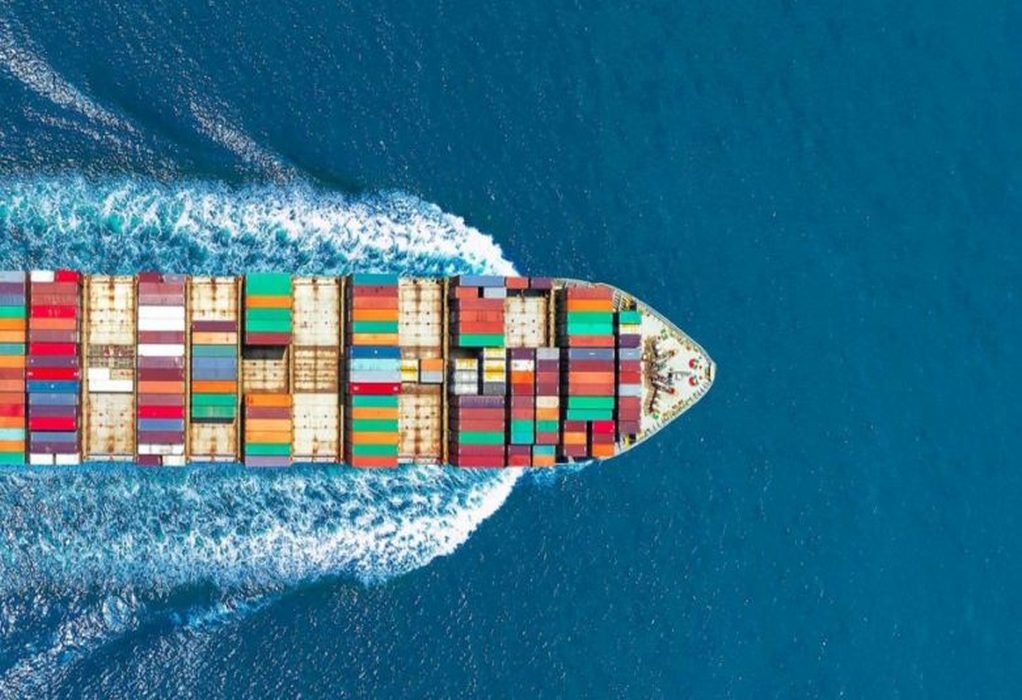Renewable ethanol producers in Europe have taken legal action against the European Union’s FuelEU Maritime regulation, asserting that it fails to acknowledge the merits of sustainable first-generation crop-based biofuels.
The European renewable ethanol producers’ group, ePURE, released a statement on January 31, contending that the FuelEU Maritime regulation violates EU procedures and fails to recognize the positive environmental impact of sustainable first-generation crop-based biofuels.
As part of the FuelEU Maritime initiative, Brussels has expanded its Emissions Trading Scheme to cover maritime transport from 2024.
Moreover, the EU plans to tighten the greenhouse intensity of bunker fuels used in EU-related trades through FuelEU Maritime rules starting in 2025.
The legal challenge seeks to annul a section of the EU legislation that equates first-generation crop-based biofuels with the least favorable fossil fuel pathway in terms of emission factors.
Consequently, the FuelEU Maritime Regulation effectively excludes Renewable Energy Directive (RED)-compliant crop-based biofuels from the decarbonization objectives of the maritime sector.
The legal action is founded on multiple arguments, including the assertion that the European Parliament and the Council made a manifest error of assessment by not relying on scientific and technical data in formulating their environmental policy.
The challenge also claims a violation of the principle of proportionality by equating RED-compliant crop-based biofuels with the least favorable fossil fuel in maritime transport.
Additionally, producers argue that the EU breached the principle of equal treatment due to inconsistencies in the methodology used to calculate the greenhouse gas (GHG) intensity of energy used on ships, which is not consistent with RED’s biofuel GHG emission calculation.
The legal application for annulment was submitted to the General Court of the European Union on December 18, with ePURE and Pannonia Bio Zrt among the filing parties.
The FuelEU Maritime Regulation’s potential impact on the cost of ship fuel was highlighted by a study published by Denmark’s Maersk Mc-Kinney Moller Center for Zero-Carbon Shipping on January 29.
The study suggested that the Emissions Trading Scheme and FuelEU Maritime could lead to a 100 per cent increase in fuel costs for ships using very low sulfur fuel oil by 2030 and more than five times the current cost by 2050.
Looking ahead, in 2030, alternative bunker fuels, excluding LNG and LPG, are anticipated to account for 2.2 per cent of total global bunker demand of 328 million mt.
Tags: eu, FuelEU, LNG, Renewable Ethanol



Recent Posts
Robert Allan Ltd. to Design Fully Electric AmpRA 3600 Tug for Tianjin Port
U-Ming Marine Conducts First Bunkering of FAME B24 Biofuel
DNV Validates Electric Hydrogen’s HYPRPlant for Safety, Efficiency and Commercial Readiness
Nepal Eyes Green Hydrogen Future with Policy Push and Hydropower Potential
India Tests First Hydrogen-Powered Rail Coach at ICF Chennai
Scandlines Nears Delivery of Zero Emissions Ferry Following Successful Sea Trials
India faces emission roadblocks with rising net-zero demands
Green Energy Resources invests in two electric Liebherr LHM 550